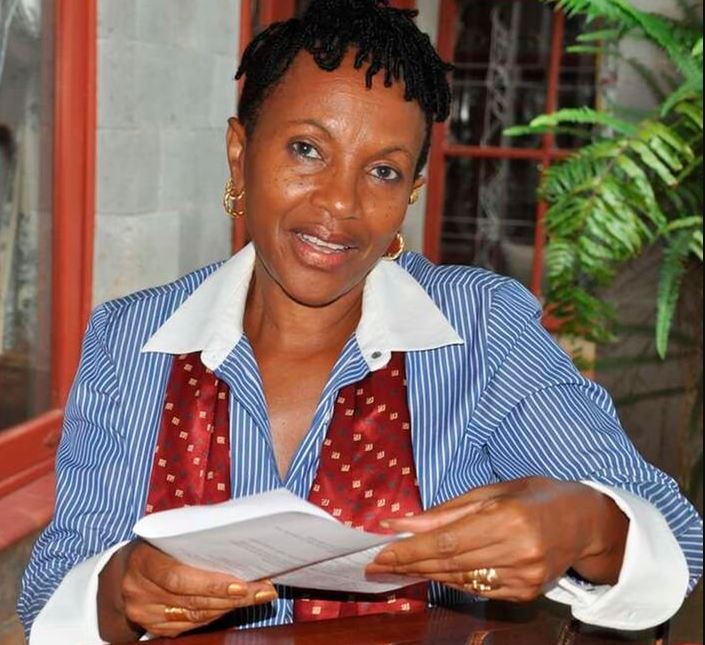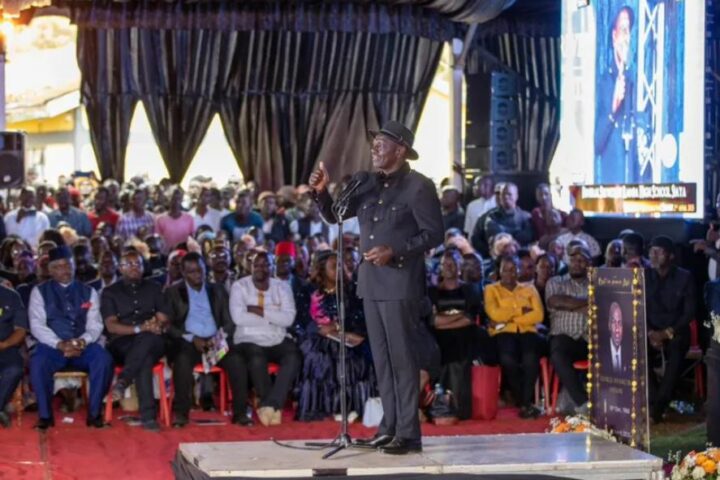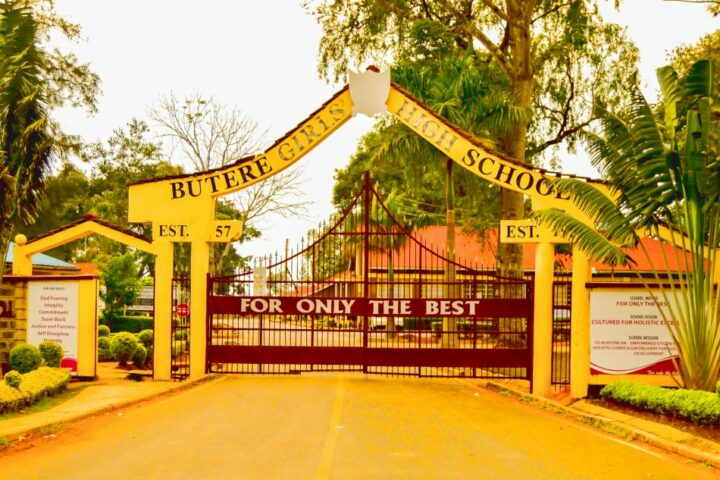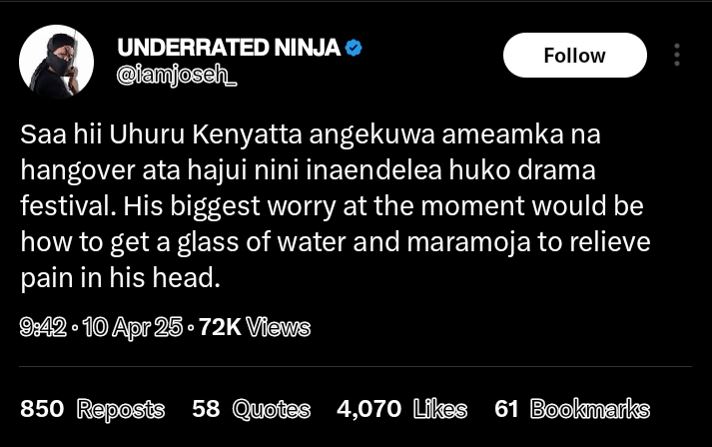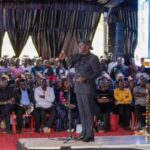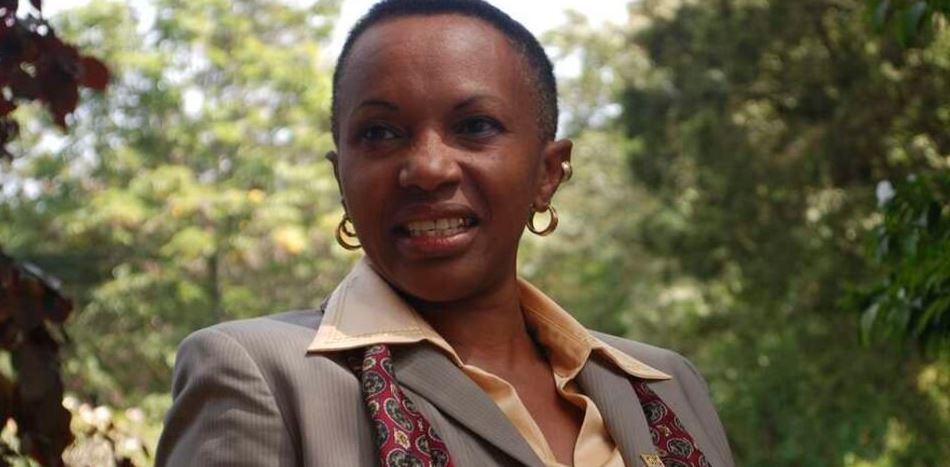
Here are excerpts from the interview.
You had a plum job in the Jubilee government, what happened?
In 2014, I was recalled by H.E. the President from the head office of the African Development Bank in Tunisia, [where I was working as the special adviser to the president of the bank], to come and champion the Jubilee Government’s digital agenda.
To deliver on this project I was appointed director-general [of Kenya Citizens & Foreign Nationals Management Service], a state agency under which four key government departments [Immigration, National registration Bureau, for IDs], Civil Registry [for birth certificates] and Integrated Population Register System [IPRS] fall. This digital transformation of government initiative led to the development of what is today known as eCitizen’ and the Huduma Centres – single points of access for government services from any part of the country any time of the day.
Indeed, there were a few challenges. For example, I wanted to establish an authentic election register and registration process, to make it difficult to rig elections. Needless to say, this created a lot of tension in the government and the module aborted. However, I would say the eCitizen [the brainchild of the President], is perhaps one of the best success stories for the Jubilee government.
Why have you opted to join politics?
I was born in Githunguri, where I also attended my primary school, went to high school in Limuru Girls and did my first degree at Kenyatta University both in Kiambu. I therefore grew up in Kiambu when the district then was leading other districts in terms education and agriculture, especially tea, coffee and dairy production. I know the potential of Kiambu and that it can rise up again. Today Kiambu is one of the bottom five counties with the highest youth unemployment rates – hence driving youth to alcoholism, drugs and criminal activities.
The Kiambu population has grown from 1.2 million in 1994 to 2.45 million in 2020 but our agricultural production of maize [our staple diet] is still at 1.8 metric tonnes per hectare – hence we have to import our staple food. Most of the county has no sewerage system – the sewer line built in 1974 had the capacity to process 2.24 million litres of waste per day – and we urgently need one for 10 million litres per day. Discharging waste into open sewers [the current practice] makes the environment worse than it already is. It’s contaminating our limited sources of water.
The first governor, William Kabogo, did excellent work in refurbishing hospitals, building roads and markets. The second governor, (Ferdinand) Waititu, was impeached, and Dr Nyoro took over. However, the above challenges of low agricultural production, poor education results, youth unemployment, impact of climate change and sanitation challenges continue unabated. My desire as governor is to focus on these challenges and take Kiambu back to the position it used to be.
What party will you vie on?
Listening to the ground, I’m strongly proposing to the Kiambu people that they should learn from the past and not make mistakes they have made before, where they have elected leaders based on party alignment – that its more important to elect a leader who will provide leadership and serve them effectively regardless of the party they are on. For this reason, I’m not focusing on the choice of a party right now.
What are your plans for Kiambu?
I have my Agenda-3 for Kiambu based on three pillars: a) youth economic empowerment, which entails refurbishing the existing technical colleges and skilling of youth; engaging youth in agribusiness – in particular replicating the KCB hydroponics project in Rongai in Kiambu and facilitating the formation of youth producer groups to ease access inputs and finance; establishing an online market so that they can advertise and market their products; and establishing youth centres in each of the 12 sub-counties – to give them a place they can ‘hang out’ to share knowledge, innovate and brainstorm on their issues.
b) Transform smallholder agriculture – intensify productivity and raise incomes for smallholder farmers – where the key activities are establishing smallholder agricultural value chains using contract farming so that each farmer knows who the buyer of their products is; introducing value addition in low-tech processing plants and cottage industries, e.g. for potatoes, they process them and sell them as high-value products – chips and crisps; and building modern open markets with cold rooms to preserve their fruits and vegetables, minimising post-harvest losses.
c) Mitigate Climate Change: In particular, increase water sources and access, establish a robust sanitation system and waste disposal systems in all sub-counties
Your husband was a strong backer of Raila. Why did he fall out with the ODM leader?
The ‘Handshake’ is what led to the falling-out. The agreement was that Raila was to negotiate for some form of power-sharing between Jubilee and Nasa – especially since it took a lot of convincing for the other Nasa principals to accept Raila as the flag-bearer [they had completely refused]. But Raila went ahead without telling them and negotiated an arrangement just for himself.
Then came the BBI bill that was aimed at changing the Constitution. He (Ndii) felt it didn’t have much for Kenyans.
Where do you draw your inspiration?
I am a Mau Mau daughter. My mother and father were Mau Maus who fought for Kenya’s independence after which they became servants of the people. My father was a senior chief and my mother a community development officer. They are my role models and mentors. I say to myself, the time is now to take over from where they left.
